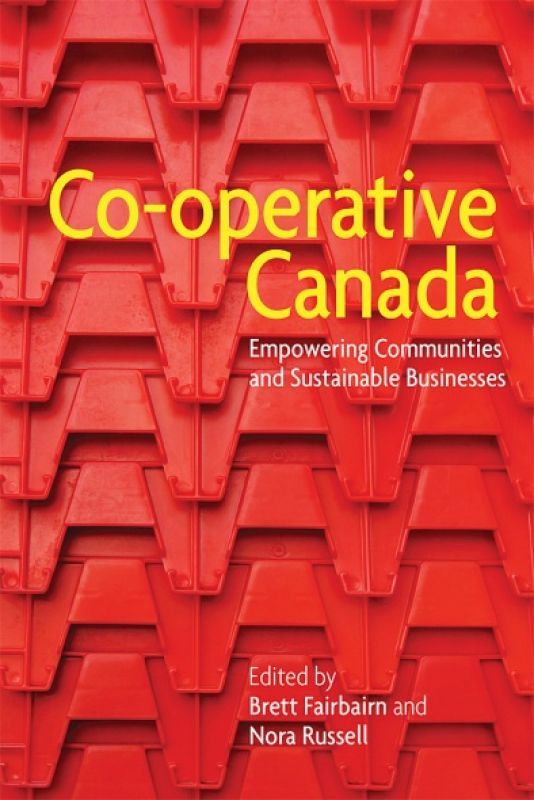Co-operative Canada - Empowering Communities and Sustainable Businesses

A shift in US bank policy. A demonstration in Greece. A tsunami in Japan. In recent times, these kinds of events have had profound effects on the economic well-being of Canadians. In such a heavily globalized environment, it may seem that only large corporations with access to transnational resources can operate successfully, but Co-operative Canada reveals that Canadians are using the co-operative model to collectively respond to the forces of globalization through local, community-owned enterprises.
Although many Canadians might be hard-pressed to define what exactly a co-op is and how it is structured, most are familiar with credit unions, car-sharing programs, and co-operative housing units. Many shop for outdoor gear at Mountain Equipment Co-op, have credit cards with Desjardins, or fill up with gas at co-operatively owned gas stations. And others work for member-owned forestry companies or sell their art through artist-owned galleries. In fact, there are approximately nine thousand co-ops across the nation with a combined membership of about eighteen million members – more than half the population of Canada.
This volume, which showcases the findings of research into co-operatives in communities from coast to coast to coast, reveals that economic pressures are driving Canadians to innovate. Those who tap into and strengthen the local community while participating in regional and national markets thrive.
This book will be of interest to sociologists, political economists, and anyone interested in community and regional development.
Edited by Brett Fairbairn and Nora Russell
Publisher - UBC Press
